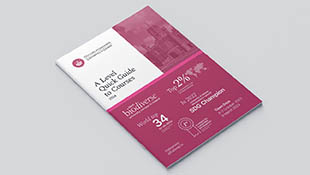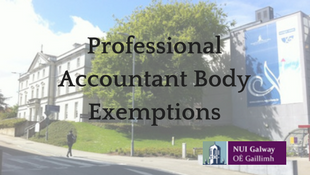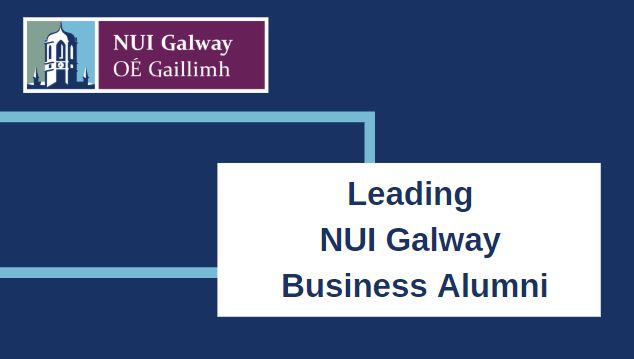-
Courses

Courses
Choosing a course is one of the most important decisions you'll ever make! View our courses and see what our students and lecturers have to say about the courses you are interested in at the links below.
-
University Life

University Life
Each year more than 4,000 choose University of Galway as their University of choice. Find out what life at University of Galway is all about here.
-
About University of Galway

About University of Galway
Since 1845, University of Galway has been sharing the highest quality teaching and research with Ireland and the world. Find out what makes our University so special – from our distinguished history to the latest news and campus developments.
-
Colleges & Schools

Colleges & Schools
University of Galway has earned international recognition as a research-led university with a commitment to top quality teaching across a range of key areas of expertise.
-
Research & Innovation

Research & Innovation
University of Galway’s vibrant research community take on some of the most pressing challenges of our times.
-
Business & Industry

Guiding Breakthrough Research at University of Galway
We explore and facilitate commercial opportunities for the research community at University of Galway, as well as facilitating industry partnership.
-
Alumni & Friends

Alumni & Friends
There are 128,000 University of Galway alumni worldwide. Stay connected to your alumni community! Join our social networks and update your details online.
-
Community Engagement

Community Engagement
At University of Galway, we believe that the best learning takes place when you apply what you learn in a real world context. That's why many of our courses include work placements or community projects.
News & events
Workshop: Money, Uncertainty and the Macroeconomy
Money, Uncertainty and the Macroeconomy
Workshop
Jointly organized by
COST Action KNOWeSCAPE and Complex Systems Research Centre (CORE), NUI Galway
March 14-16, 2016
The financial meltdown of 2008 in the US stock markets and the subsequent protracted recession in the developed economies have accentuated the need to understand the implication of the dynamic interaction between the modern financial sector and the real economy. The mainstream approach in economics has turned out to be grossly inadequate, both at substantive, methodological levels, in providing an understanding of the current crisis.
There is a long-standing tradition in Classical Political Economy, which recognizes the central role of money in production and distribution of income in the economy. The modern proponents of this lineage have been advancing the frontiers by explicitly considering the endogenous nature of money in the context of modern financial sector and its implication for production and distribution of income.
At the same time, Physicists, Mathematicians and others have been exploring the dynamics of the modern financial sector and its impact on a systemic level using models from statistical mechanics, ecology/biology and information theory. Their work provides a way to break away from the tradition of viewing the economy as homogenous entity to a network of heterogeneous agents and entities.
The question then is how does this new knowledge helps to further our understanding on some of the classical questions such as the role of money in production of commodities and distribution of income? This short workshop seeks to bring together economists and noneconomists working on these questions for a dialogue on the conceptual, methodological, and applied issues related to the role of money in the wider economy.
Downloads
-

Business Postgraduate Programmes 2024 PDF (4.7 MB)
-

Postgraduate Prospectus 2024 PDF (3.3MB)
-
.png)
Business Undergraduate Prospectus 2024 PDF (1.57MB)
-

Undergraduate Prospectus 2024 PDF (14.6MB)
-

A Level Quick Guide 2024 PDF (337 KB)
-

Professional Accounting Body Exemptions PDF (8 KB)
-
Leading Business Alumni Book PDF (1.57)
-

Quick Guide to Courses 2024 PDF (362 KB)
















